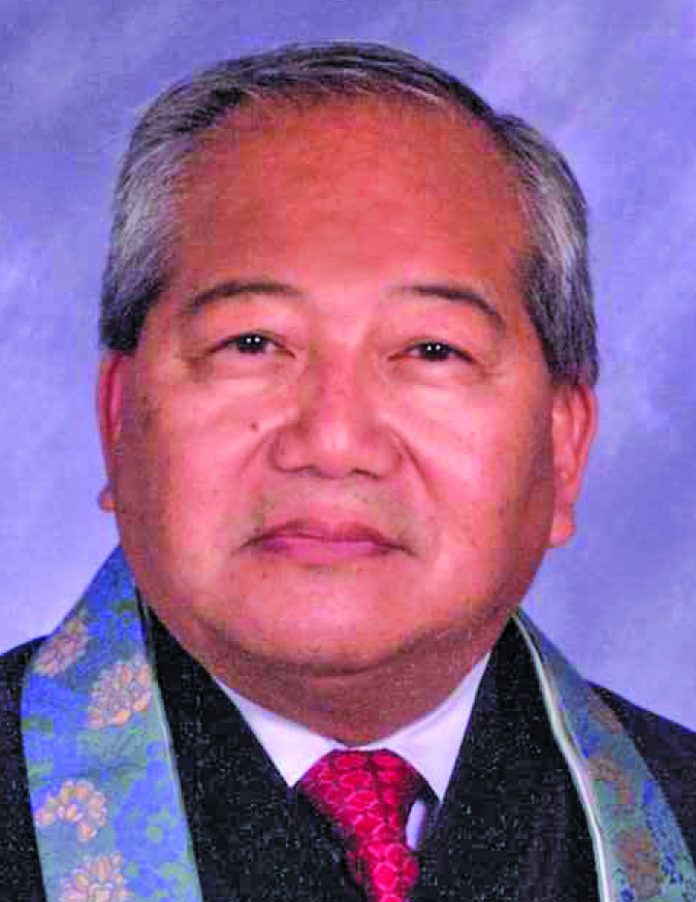About 2,500 years ago the young prince Siddartha Gautama became what is known as the Buddha. Soon after his Enlightenment the Buddha shared with his fellow seekers what is known as the Four Noble Truths. The first of these truths is “Life is Dukkha.” Dukkha is a Sanskrit word that is often translated as suffering, however the term is much more than simply suffering. It is this translation that often causes a misunderstanding of Buddhism and what some call a pessimistic religion. Other terms might be unhappiness, pain, unsatisfactoriness and stress. Dukkha might be better translated as the Truth of Life or the True Nature of Existence.
We have only to look at the daily news to see that the world is in constant flux and people are experiencing pain, anxiety and are unsatisfied. In our own lives we have friends, family and associates who are in the midst of illness, loss and unwanted changes.
Awakening to this truth of life is difficult and not something we wish for, however, this awakening is the first step in ending the pain and suffering associated with this truth.
One of the great joys in life is to fall in love, have a family, friends and associates that we enjoy being with. We find laughter, warmth and comfort from those we love. The joy we experience is temporal and fleeting. One of my great joys is a simple meal with my wife and after each meal, I look forward to the next. We can plan, but circumstances can change our plans in an instant. I love to play golf with my brother and friends, but age and agility have put a crimp in my game.
I am so attached to the past and the way things used to be, that when things don’t go as planned, I feel unsatisfied. These are simple examples, but more profound experiences change our lives and change the way we look at the world. The death of a friend, colleague or loved one can be life-changing for us. Beneath that experience is the truth that their death is inconvenient for us. Our attachments and desire to have them in our lives causes us pain and suffering when they leave us.
Dukkha describes how nothing goes the way we want them to. And it is because we want to control our world and we have expectations of how things should be. When things don’t go our way, we suffer. The truth of change is beyond our control and manipulation. It is our attachments and our need to control that creates suffering.
The Buddha shared this First Truth in the hopes that it would open our eyes to the truth of life or the true nature of existence. Once we are able to see this truth clearly we can begin to see our true and real nature of the self.
Gassho.
Rev. Hosei Shinseki leads the Watsonville Buddhist Temple. His opinions are his own and do not necessarily represent those of the Pajaronian.








